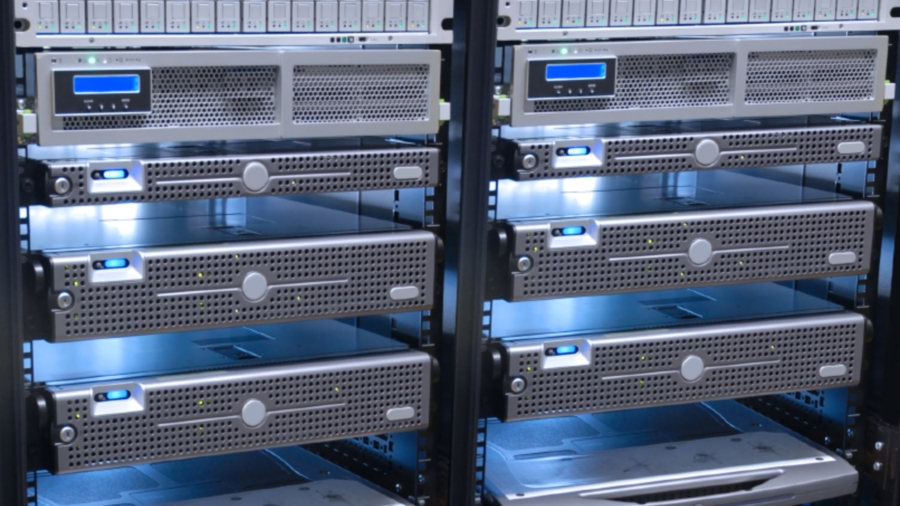On-site servers or the cloud?
Sometimes local servers can provide a better solution than moving to the cloud

For businesses looking to leverage their IT infrastructure for efficiency gains, moving some or all of their data management and storage to the cloud can be hard to resist.
But IT managers should take the time to evaluate the cloud and how this compares to on-site server installation, as in some cases it may not be an appropriate platform.
The advantages of cloud services include:
- fast and efficient deployment;
- they can be infinitely expandable;
- low initial investment.
Disadvantages include:
- ongoing issues with data security;
- latency when data is served from what could be a very remote location;
- portability is not as simple as when buying a new on-site server.
On-site servers come in a number of configurations from simple tower systems to fully featured edge servers such as the PowerEdge range from Dell. An on-site server offers these advantages:
- low latency rates;
- easily managed virtualisation;
- high levels of security.
But they also have a number of drawbacks that include:
- high power consumption;
- maintenance responsibilities;
- a potentially high purchase cost.
Weighing up the pros and cons of on-site server website hosting and moving some or all of your applications to the cloud should involve a careful assessment of how your business currently manages its IT services, and how these may need to evolve in the future.
Are you a pro? Subscribe to our newsletter
Sign up to the TechRadar Pro newsletter to get all the top news, opinion, features and guidance your business needs to succeed!
One of the major issues with the cloud is that if your internet connection is down, you lose access to the cloud service. On-site servers can suffer form the same issues if you have customer-facing systems, but internal systems will still operate over your network.
What many businesses are now doing is taking the best from both of these solutions and developing hybrid approaches. The cloud is perfect for mobile access to applications and data, whereas, an on-site server is ideal when high levels of customer service are needed.
In addition, with the easy expansion available with edge servers, on-site hardware can be easily managed.
Ultimately, it's vital to take a long hard look at the services your business needs its servers to produce. It's likely that you will conclude that turning your back on installed servers at your premises is a step too far, as they can still have a lot to offer, while the cloud is sufficiently flexible to complement any installed server environments your business needs to maintain.
- Check out the best website hosting services